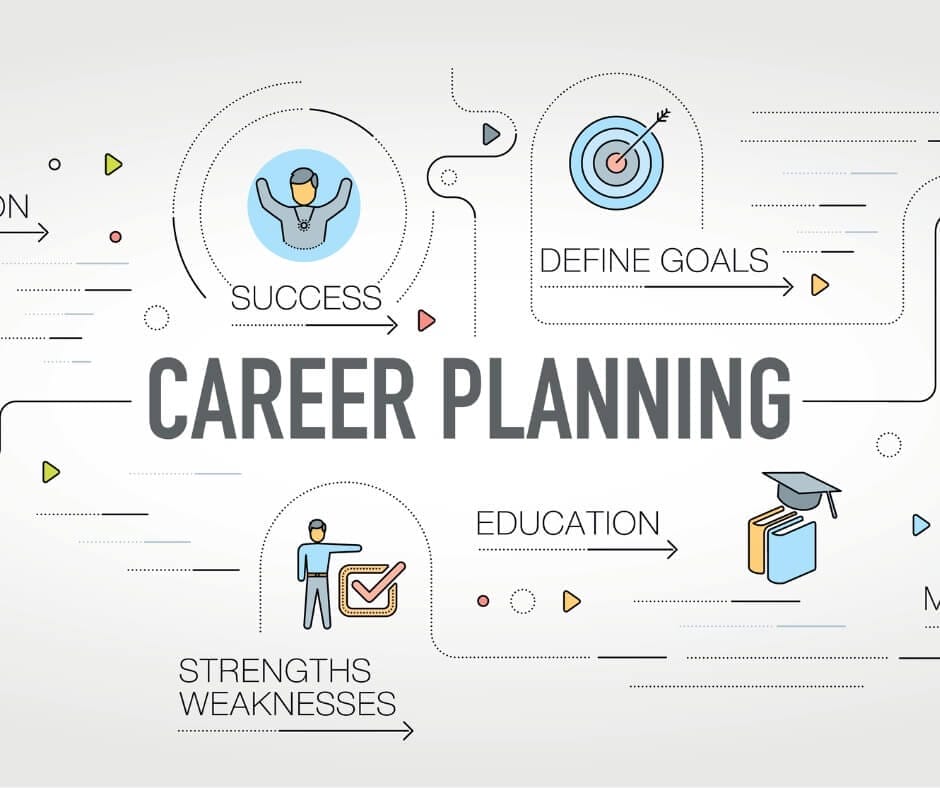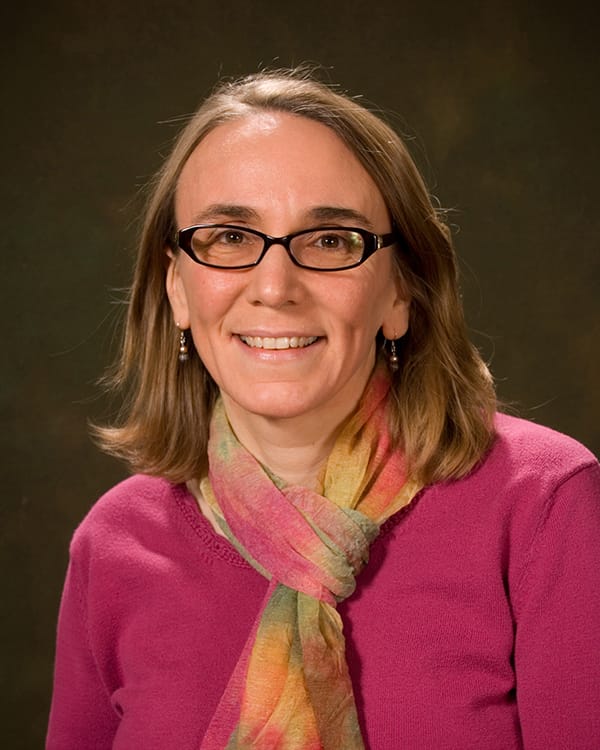
So you want to see a career counselor?
Lose weight. Exercise more. These are among the most popular New Year’s resolutions. As a professional career counselor, I see many people this time of year who also want to get their careers in better shape.

Here are a few things you should know if you find yourself pondering a new professional direction, and you’re thinking about seeing a career counselor:
- Career exploration is a process. Identifying a new pathway and making that transition will take time. It’s wise to plan on more than one appointment.
- A job is not a career. Exploring career options and searching for a job are not the same thing. While a career counselor may offer advice about your job search, the counseling process surveys the big picture and broad array of opportunities. This may, in turn, lead you to job opportunities.
- Be ready to work. It’s your career and your future, so expect to do lots of research, introspection, reading, and networking.
- There’s no silver bullet. Career counselors don’t have all the answers — no crystal ball or secret recipes. We do have years of experience and can provide useful resources to help you analyze options, assess interests, inventory skills, and make informed decisions.
- It’s not just about work. Career counseling is also about life/work balance — helping you find fulfillment through paid work, avocational pursuits, or a bit of both.
Once you’ve decided that career counseling is right for you, prepare for your first appointment:
- Prioritize. Write down goals to address with your counselor, right away and over the course of the next weeks and months. Note any specific short- and long-term career objectives.
- Do your homework. If you have ideas about career paths, do some research. Reflect on your current and past jobs, identifying what you love, what you hate, and the type of environment you prefer.
- Be honest. Know that the counseling environment is a safe and confidential space. A career counseling professional should respect your privacy and only ask for certain information when it’s essential to the process. Career counseling professionals should not share personal information without your consent.
- You’ll reap what you sow. The outcome of career counseling will be proportional to the amount of effort you invest. Your counselor will help you make a plan, but you need to act on that plan.
If you are serious about career change, and it’s more than just a passing New Year’s resolution for you, a professional counselor will explain this process further and get you started. It will be a lot of work, but you will have a strong partner to assist with the heavy lifting.
For more information, see the career planning process.
Moira Kelley is a senior career counselor in UW-Madison’s Division of Continuing Studies. moira.kelley@wisc.edu
This article originally appeared in the Wisconsin State Journal.
Published on Jan 15 2018
Last Updated on Oct 24 2024
By Moira Kelley
Categories: Adult Career and Special Student Services, News
Tags: careers, Lifelong Learner column


